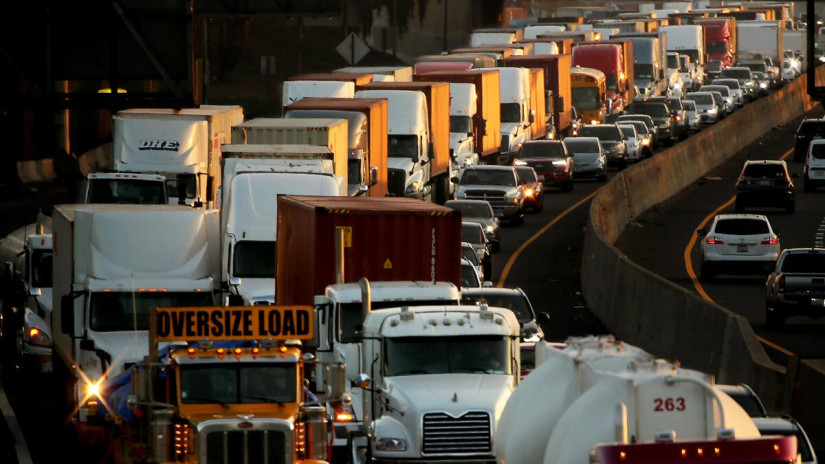This agreement sets CO2 emissions reduction targets for HDVs of 45% for 2030-2034, 65% for 2035-2039, and 90% for 2040, compared to 2019 levels.
The scope of the Regulation is expanded and these standards will now apply to almost all trucks (including vocational vehicles, such as garbage lorries, tippers, or concrete mixers as of 2035), urban buses, long-distance buses, and trailers. Specific emissions reduction targets are also set for trailers (7.5%) and semi-trailers (10%), starting from 2030.
New urban buses must reduce emissions by 90% as of 2030 to accelerate the transition to zero-emission public transport across Europe. All new urban buses will have to be zero-emissions by 2035.
”Emissions from road transport have been rising and we need to turn the tide. Today's agreement will make trucks and buses less polluting, drive down emissions, and improve air quality across the EU. When we put more zero-emission vehicles on our roads, it benefits all of us. By producing more zero-emission vehicles, the European industry will be in a stronger position to compete, and it now has long-term certainty about the applicable rules. Citizens will have cleaner air to breathe, especially in our cities”, says Wopke Hoekstra, Commissioner for Climate Action.
Under the provisional deal, the Commission will review the effectiveness and impact of the regulation by 2027. This review will cover the expansion of the scope to small lorries, a methodology for registering HDVs exclusively running on CO2-neutral fuels, in conformity with EU law and climate neutrality objectives, the role of a carbon correction factor in the transition towards zero-emission HDVs and a methodology for the determination of full lifecycle CO2 emissions of new heavy-duty vehicles.
The agreement sends another clear signal to manufacturers, transport operators, and users to steer investments toward innovative zero-emission technologies and boost the rollout of recharging and refueling infrastructure.
The European Parliament and Council now need to approve the agreement formally. Once this process is completed, the new legislation will be published in the Official Journal of the Union and enter into force.
The Commission proposed the draft regulation in February 2023 to set CO2 standards for heavy-duty vehicles from 2030 onwards to help reach the EU's objective for climate neutrality by 2050 and lower the demand for imported fossil fuels. Heavy-duty vehicles are responsible for more than 25% of greenhouse gas (GHG) emissions from road transport in the EU and account for over 6% of the total EU GHG emissions.










